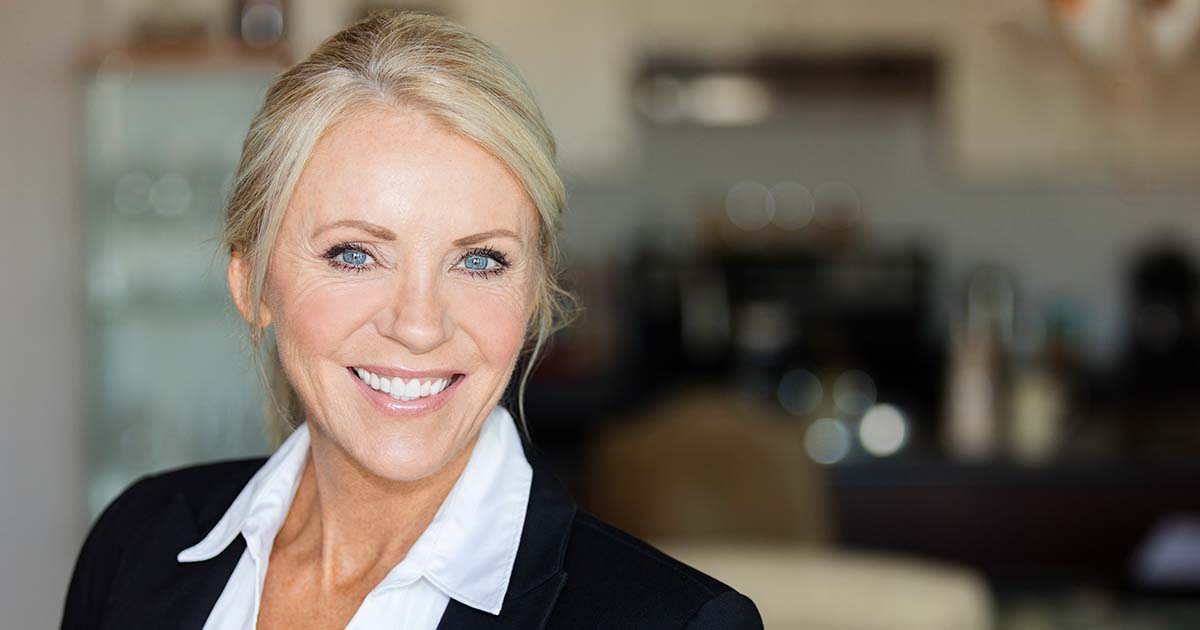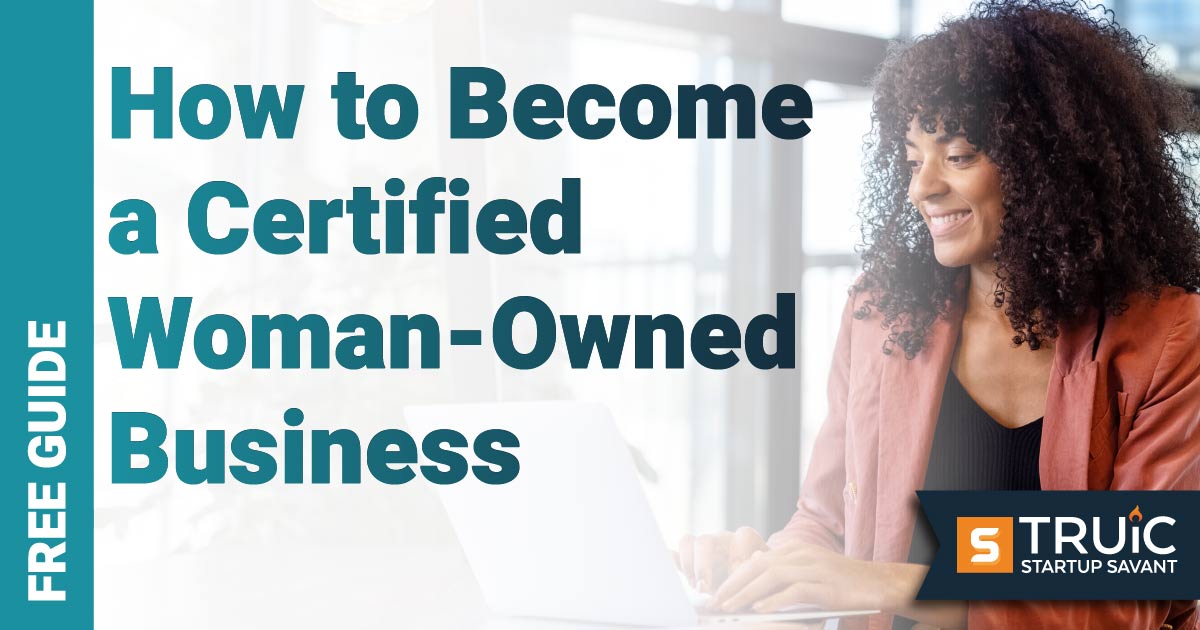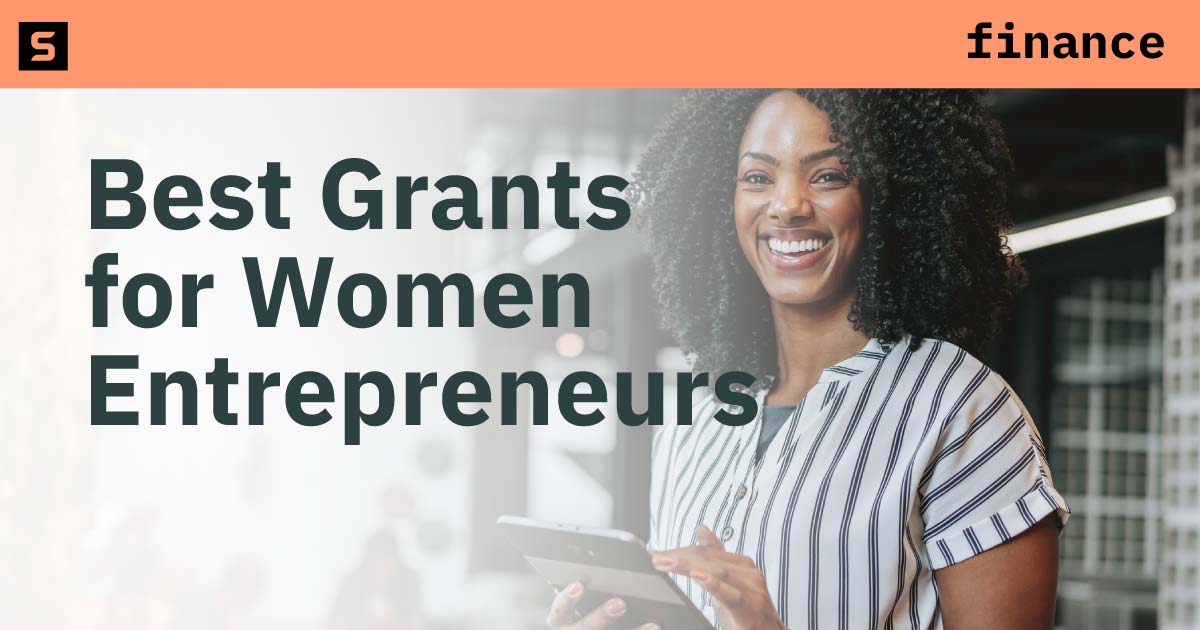Throughout history, women entrepreneurs have experienced challenges which prevent them from reaching their desired success. Funding has played a major role in perpetuating this problem and in 2019, MarketWatch reported just 2.2 percent of all venture funding goes to women-owned businesses.
Furthermore, all-male founded companies receive capital after their first-round close to 35 percent of the time; for women, the number is less than 2 percent. Without financial support, women struggle to scale their companies resulting in only 2 percent of women-owned businesses breaking $1 million in revenue.
It's vital for female entrepreneurs to be aware of resources like the Female Founders Fund (FFF) that are designed to connect women with the dollars they need to thrive and boost success for female entrepreneurs across the country.
History of Female Founders Fund (FFF)
The Female Founders Fund was launched in 2014 by entrepreneur Anu Duggal. The idea was to create a venture capital fund dedicated solely to investing in tech-related companies founded by women.
Though initially steering the project solo, Duggal quickly brought on co-partner Sutian Dong, an experienced investor, in 2016. Together, the dream team had two distinct goals. Recognizing the severe lack of gender diversity in entrepreneurship, the first was, of course, to help more women succeed in business. However, the second goal was simply to make money.
Duggal and Dong want to prove that it makes financial sense to support women in business, which is already bolstered by plenty of research. For example, a 2015 McKinsey & Company study found that “businesses in the top quartiles for racial and ethnic diversity and gender diversity are 35% and 15% more likely to outperform their competitors.”
The FFF mantra — “It’s not just about women. It’s about talent” — is one of the distinguishing features of this fund in relation to other female-focused investment funds as it positions FFF as supporting women, not because they’re women, but because they’re good.
Despite the proven profitability of female-led companies, investors have been slow to show their support, which is exactly why Duggal and Dong took matters into their own hands. “We’re saying to the world that you can have a fund that’s 100 [percent] female founders and compete with everybody else on the market,” Duggal told TIME.
The early-stage fund has attracted the attention of big-name investors, like Melinda Gates and Stitch Fix CEO Katrina Lake, who have offered up millions in support. This company hasn’t just caused the growth of its female-led investments, it has also paved the way for other investors, showing them that backing women pays off.
How Female Founders Fund Works
The fund provides capital to select companies, carefully reviewed and identified by the FFF’s team of experienced Venture Partners. All founders and/or CEOs themselves, the women comprising the Venture Partner team are experts in foreseeing the success of early-stage companies.
While the fund’s ultimate focus is discovering talent, there are certain areas and industries that the FFF favors. “We invest in areas where women-led startups have incredible impact,” reads the website. Specifically, the fund is looking for companies in the following areas:
- Marketplaces (technology services connecting buyers and sellers across B2B and B2C industries)
- E-commerce (direct-to-consumer brands with technology at the core)
- Web-enabled services (service operations enabled by location and mobile data)
- Platforms (disruptive networks and communities connected through technological solutions)
The fund also has Scout Investments, which are small, supporting investments for companies outside of the FFF’s traditional portfolio in terms of sectors or stages.
Outside of just financing, the Female Founders Fund offers an array of services to support female entrepreneurs. One key resource is the F3 Expert Network, an extended network of experts who provide mentorship and advice to the fund’s portfolio of companies. The roster of experts includes impressive names like Bonobos co-founder Andy Dunn and Uber Head of Marketing and Data Aaron Schildkrout.
Additionally, the fund emphasizes the importance of being part of a larger, supportive, entrepreneurial community. It fosters connections and networking for portfolio companies through an event series and community focus which “provides access to shared knowledge, unparalleled access to top female CEOs, and a collective experience.” The annual CEO summit, for example, brings together female founders creating groundbreaking tech companies.
Pitching the Female Founders Fund
Pitching the VCs at the Female Founders Fund is actually relatively painless (and free of cost). To submit a pitch, you have to email your deck and relevant materials to pitches@femalefoundersfund.com. This is also the email address you should contact if you have any questions regarding the process or your application status.
However, don’t be deceived by how straightforward the process seems. If you want to catch the attention of these investors and secure funding for your company, you need to know how to write a fantastic pitch.
In an interview with Forbes, Duggal gave advice on how to create an attention-grabbing pitch: “What I find helpful is for people to have a very good grasp of the numbers and the unit economics behind the business that you’re trying to build.” Additionally, she says founders must be open to feedback — to want to work with you, the founders need you to work with them.
Other useful tips for pitching investors include explaining why you are passionate about the business, giving information about your employees and business culture, as well as providing a rundown of competitors and potential strengths/weaknesses.
How Female Founders Fund Can Help Your Business
In a survey of 430 female founders, “access to capital” was ranked as the most important factor for getting more women involved in entrepreneurship. With capital, women can scale their businesses into national brands and fund innovation. Without it, finding your footing in a competitive startup landscape can be nearly impossible.
The Female Founders Fund has facilitated success for numerous now-high profile companies, like career website WayUp, alcoholics anonymous alternative Tempest, horoscope hub Co-Star, and more. However, one of the biggest success stories in the FFF portfolio is Billie, a subscription-based, “anti-Pink Tax” company that sells razors. Launched in 2018, Billie raised $25 million in its 2019 funding round led by Goldman Sachs.
The company caught the attention of the fund because of its innovative solution to an antiquated industry and its massive resonance with women across the world. “When Billie launched Project Body Hair, we became the first women’s razor company in over 100 years, to acknowledge that women have body hair and suggest that shaving your hair is a choice, not an expectation,” reads a Female Founders Fund interview with Billie. “Millions of women around the world (over 22 million so far) have viewed, shared, commented and supported our campaign.”
An engaging brand, backed by the bucks and support of the Female Founders Fund has catapulted Billie to success. Who knows? Maybe your company could be next.



